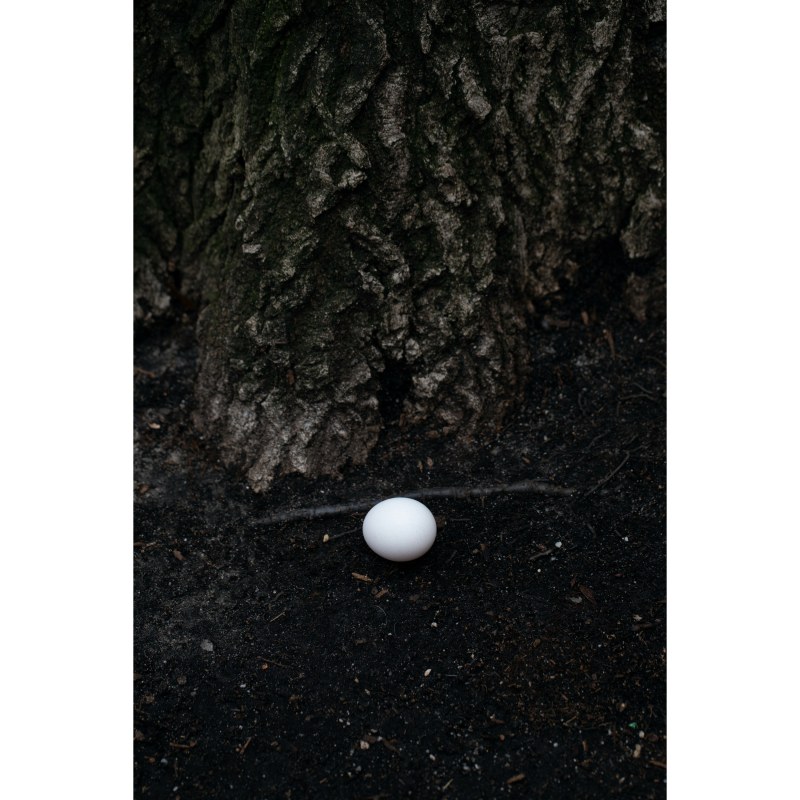In 2001, at the Massachusetts Institute of Technology, Susan Sontag, along with physicist Roger Penrose, biologist E.O. Wilson, and poet and theoretical physicist Allen Lightman, organized a workshop titled "Images and Meaning". While physicists and biologist enthusiastically discussed simulation images of black holes and brain neural scans on the screen, Sontag responded, "I don't know what you boys think, but these images don't really mean anything." From Sontag's perspective, images merely indicate what are important to looking at but cannot tell us how to understand and think what we see.
This is the core of Yan Jin's current exhibition, what remains when the contextual information attached to the photograph is removed? When we look this photograph, instinctively, we grasp for the language or concrete symbols within the photos to decode why we are looking at them, or step back to gradually piece together the blurry details, or anxiously search for captions and statements around the photo, which this experience itself is a form of anxiety. When our symbol system fails to explain the scene before us or provide information within the image, we seem to struggle with this failure of language interpretation. The entire exhibition aims to experimentally establish an enigmatic exhibition space using images and photographs that Yan Jin has captured and collected over the past few years: constantly reversing and distorting landscapes, Google Street View of a road, several road signs, several days of weather forecasts, scanned documents in archive folders, and car damage reports printed on metal, as well as numerous Maria discussed in videos...
Thus, in Yan Jin's work, photos and images become substance rather than medium of information, no longer carrying explicit meanings. The attribute of photos as narration of events is dissolved. We seem to enter a labyrinth of meaning, where all the photos make gestures toward meaning, but these gestures ultimately return to the surface of photos themselves: the sheen of metal, the creases of paper, the mottling of projection. The materiality suppressed by the photographic medium is liberated here and, to some extent, responds to our gaze directed at photos in search of meaning. Now, these photos gaze back at us, continuously questioning the seemingly stable and clear system established by the order of human language and symbols. From this perspective, Yan Jin's work also points to the current communication predicaments, the breakdown of social consensus, and the difficult self-identification we commonly face today. Perhaps behind what we perceive as efficient and precise communication lies the reality of ambiguity and uncertainty in our expressions.
" I don’t want to make photographs anymore." seems like a playful statement, discovering that the visual language of photography has ultimately disappointed the concepts which Yan Jin eagerly sought to express. But it is also a warning, urging us to reexamine the nature of photographs or images themselves.
Text/ Li Zijian
